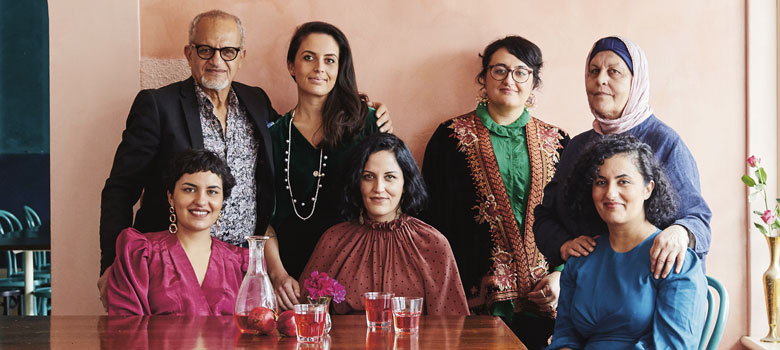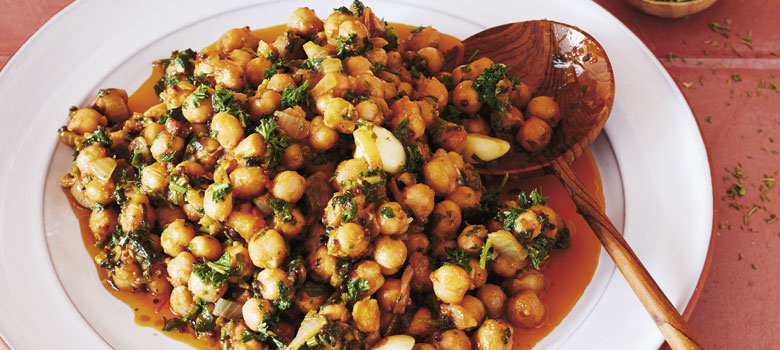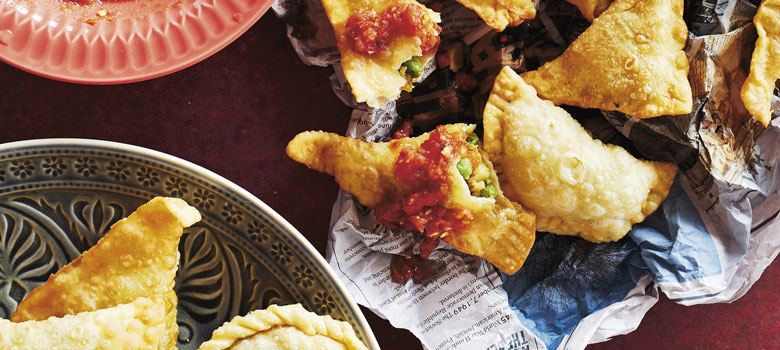
Food
Sharing Afghan Traditions
Zelmai Ayubi has become an Adelaide institution. When locals visit his family’s restaurant, Parwana, which means ‘butterfly’ in Farsi, they know Zelmai will be there with a welcoming smile, ready to “have a chat with them about anything – family, history, Afghan food,” his daughter Durkhanai describes.
While Zelmai charms front-of-house, it’s his wife Farida with her menu that brings to life the rich history of their Afghan home, who has made Parwana a favourite among Adelaide diners.
The restaurant opened in 2009, 22 years after Zelmai and Farida arrived in Australia with their four daughters Fatema, Durkhanai, Zelaikhah and Zahra. The family now numbers eight, with daughter Raihanah born in 1994. The family business has expanded too; there’s Kutchi Deli with its lunch offering of Afghan street food, and Shirni Parwana, presenting the sweets and desserts of the family’s home.
For the Ayubi family to have centred their lives around hospitality is a natural extension of their heritage.

Above: A traditional Afghan recipe 'Nakhot' Chickpea Curry
“Hospitality is a really big part of our culture,” Durkhanai explains. “It’s this tradition that seems to be engrained from being at the centre of the Silk Road where you had unknown travellers passing through. In our culture you never asked the person what they were doing or where they were from, you just fed them and housed them.”
This tradition has extended to contemporary times and Durkhanai recalls that, “as children we were always taught to honour your guests properly and make them feel comfortable.”
While food is central to looking after others, it’s also become fundamental to the family’s personal identity. Farida and Zelmai grew up at a time, Durkhanai explains, when Afghanistan was experiencing “a relatively golden era when culture could flourish.”
So when they moved to Australia, “far away from home,” she continues, “food became this anchor to our history and our ancestry and our genealogy. And it became for our parents, who had this lived experience and memory of Afghanistan, a tether to those memories and a way to keep them alive.”
From plate to page
The memory of a rich, vibrant Afghan culture held by the Ayubis contrasts with the picture of Afghanistan held by many Australians. Conflict and destruction are the dominant images presented in our media, providing a narrow view of the country and its people.
To counter this, Durkhanai and Farida have written a book, Parwana: Recipes and stories from an Afghan kitchen. Gorgeously photographed, its pages are filled with Durkhanai’s telling of Afghan history and the intertwined evolution of its cuisine, along with the unfolding of the family’s story to date. Punctuating the narrative is a sumptuous selection of Farida’s recipes, bringing the story alive on the plate.
Although Farida has had to make subtle adaptations to some of her recipes to suit the ingredients of her Australian home, her aim in the book was to provide an authentic picture of Afghan cuisine.

As Durkhanai explains, “Because the diaspora community is so huge and the culture has been scattered in so many ways, those techniques and traditions and recipes were really important for my mum to cook at Parwana. But that was also a real driving force behind the book – to have all those recipes collated for more people to be able to engage in.”
As well as praise for the book from the diaspora community, Durkhanai says the positive response has been much wider. “It’s been nice to see people from the non-Afghan community saying, ‘well this is what my yaya would do, or my nonna would do’.
The fact that many Australians are able to relate to Afghan cuisine even if they’ve never tried it before points to a lesson Durkhanai gained while researching the book.
As she writes, “At the crux of it is this real neglected history of interconnection and it teaches us that we’re all the same in so many ways. As our histories have played out, our identities have been formed by exchanges of knowledge and philosophies and ingredients and to be able to put that into verse and share it, I hope that spirit can be carried forward with what Parwana stands for.”
Presented here is a selection of recipes from the book, including two favourites at Parwana – the Banjaan Borani and the Dahl. As Durkhanai writes, “They are offered in the spirit of sharing as widely as possible the treasure my mother has been keeping.”